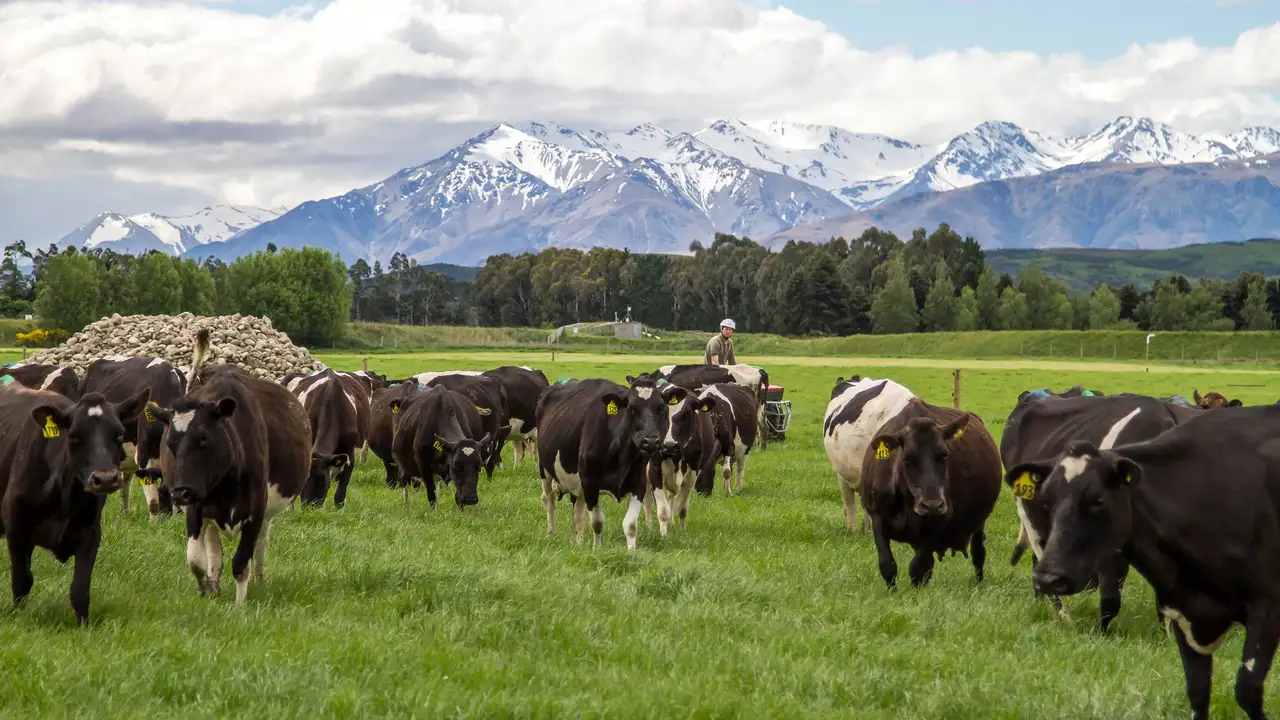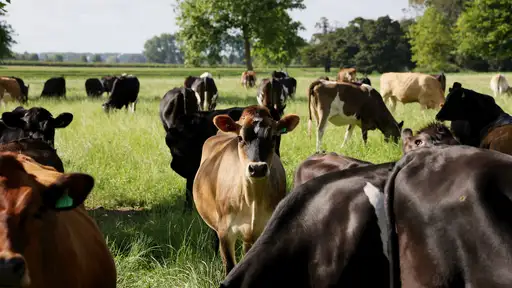Last year, impacted farmers were notified of a quality issue that affected some batches of semen that were inseminated on farms on 17-19 October and 23-25 October. Cows did get in calf from the inseminations on the affected days, but a noticeably lower number than LIC would expect. Credit and goodwill packages were offered to farmers to support recovery.
LIC Chief Executive, David Chin, said every possibility was investigated and multiple scenarios were recreated using the semen from the impacted days which is routinely frozen and stored for research purposes.
“While we were able to narrow it down to a possible cause, it was not possible to identify the exact root cause of the bacterial contamination. We considered every possibility, from the bull farm to on-farm insemination, and were able to rule out many possible causes by process of elimination.
“We are now focused on implementing the recommendations that stemmed from the investigation to reduce the likelihood of this ever happening again.”
LIC will have over half of the recommendations in place by March this year, with many improvements already implemented.
“When we first identified this issue, we made immediate changes to our quality control checking process. Now, daily quality control checks occur at 4am every morning prior to insemination on farm on that given day. This change means we can notify AB Technicians of any issues and ask them to use back up semen instead, so we can still get cows in calf,” says Chin.
Chin acknowledges that for impacted farmers the full extent of the situation is now coming to light as they complete pregnancy testing.
“Getting cows in calf is what we do – and we have a very good track record at doing just that. We acknowledge the impact this situation caused for individual cows in herds and we are disappointed that, in this instance, we didn’t deliver to the high standard farmers expect.”
“We are not closing the book on this – as a farmer-owned co-op we are always looking at ways we can improve our processes to deliver farmers the right tools to breed the most sustainable and profitable herds - now and into the future,” says Chin.
An independent review was carried out to formally assess the way LIC took action in response to the issue. The detailed review identified areas of improvement when it came to managing risk, responding to events and communicating effectively and efficiently. LIC is committed to implementing all of the recommendations.
A summary of the investigation and independent review can be found here.
For any media enquiries, please contact:
Steph Slattery
Communications Manager
027 256 2057





